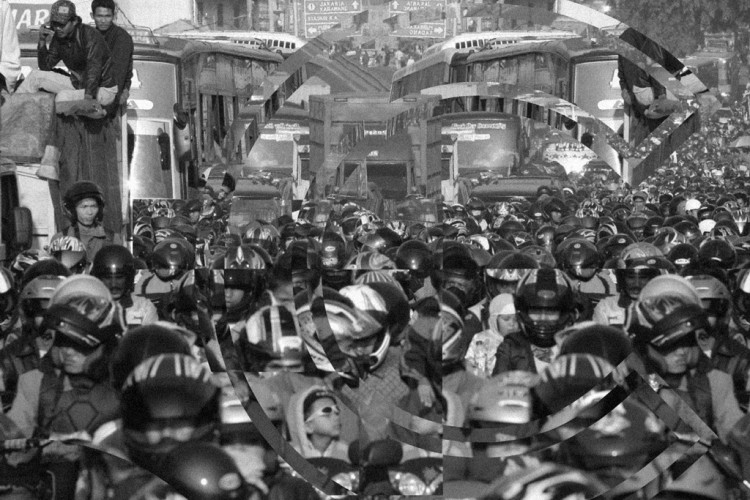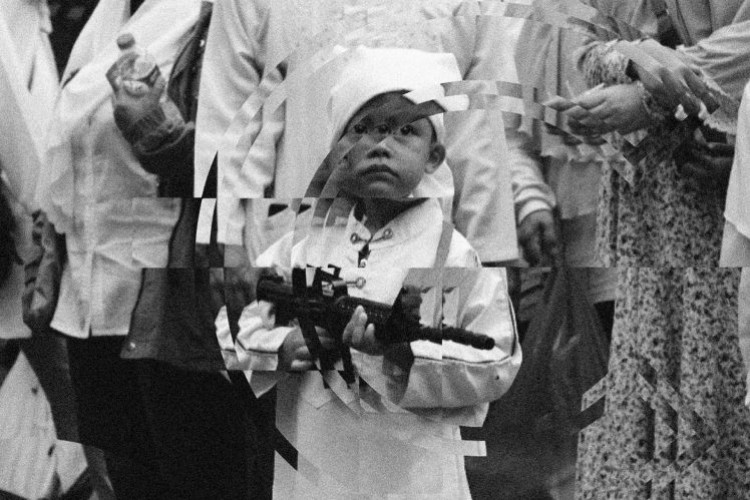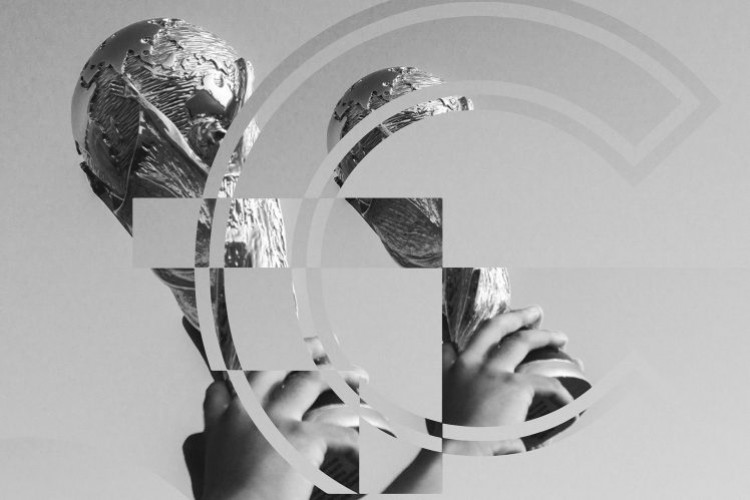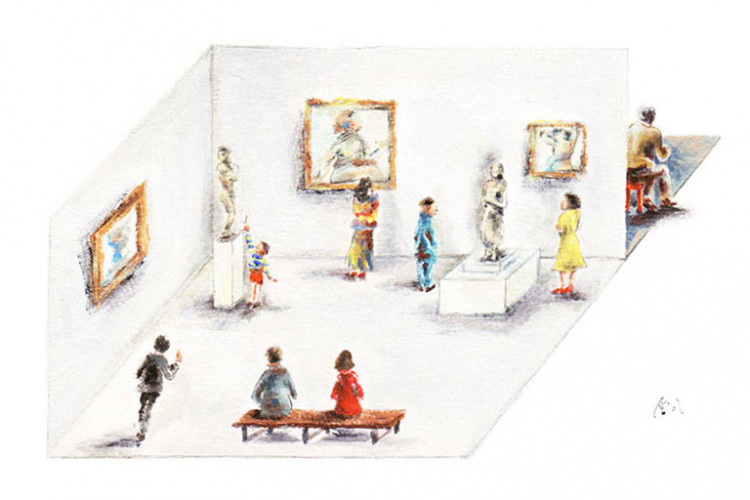Silenced, Only to Become Louder
Part four of Jakarta's Youth in Real Life.
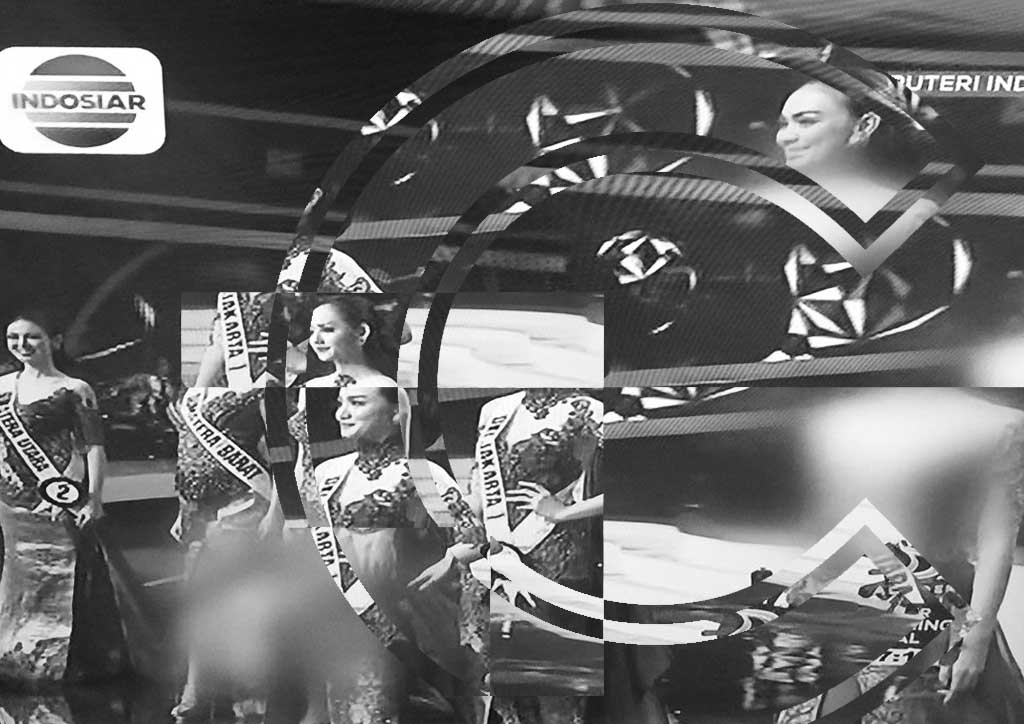
From eliminating instant messaging stickers, the attempt to wipe away emoji emoticons, blocking more creative social sites, to suspending user accounts, it seems that our nation’s correspondence to freedom of expression is constantly questioned. In the wake of recent news and published statements, it is difficult to avoid the idea that our attempt to be more open-minded is pressured. Though the Internet is too well renowned in providing our consumption for all sorts of information, conservative-minded individuals including those placed in authority seem to be holding up against in embracing this.
The raise of concerns started snowballing from the news development from the Indonesian Research, Technology and Higher Education Minister in banning gay-support groups in university environments. The minister’s response to declining acceptance of lesbian, gay, bisexual, transgender, or also known as LGBT individuals as well as communities vocalises more statements that gradually lead to forceful actions from the online social media and instant messaging application, Line, to wipe its gay-themed illustration stickers from its Indonesian language store, to the attempt of widely-used and universal emojis to remove their LGBT indicated emoticons. Not long later, the news shook Indonesian netizens as the Indonesian Minister of Communications and Information made a decision in blocking the renowned micro-blogging site Tumblr due to its pornography content — when clearly if the Minister understands the wide context of Tumblr users, one does not look for porn specifically in this creative invention David Karp has blessed us all with.
In relation to this built-up, the most recent issue that was raised, particularly through social media as in each of news piece has triggered further commentary by readers and observers, was the reactions on the Puteri Indonesia or Miss Indonesia pageant during its televised broadcast.
Simultaneous to the news development of declining tolerance for LGBT individuals among society that includes through stripping stickers and emoticons in online media, censorship has taken its control to ridiculous borders. During the Miss Indonesia pageant exhibition of wearing traditional kebaya, well familiarised as common Indonesian attire, the Indonesian Broadcasting Commission (locally abbreviated as KPI) blurred parts of the shot, assumingly on where the sight of skin of the contestants’ were being shown. Not only that this distracts the spectators’ view, but it also criticises on how big of a deal this is being taken into account (before this pageant-shock, the broadcasting commission has whirled viewers’ confusion and frustration as they also blur parts of animated female characters wearing swimsuits).
In responding to this astonishment, Facebook user Dea Safira Basori decided to share a collective amount of black and white historical posts of local women particularly in the 1940s as a protest to the Indonesian Broadcasting Commission actions taken upon the Miss Indonesia pageant broadcast. The shared photographs in Dea’s post show local Indonesian women back in the day in their casual attire, which revealed their exposed breasts. At the time, it was widely accepted for women to dress like so, yet, when Dea published the post not too long ago, many disagreed to her share of knowledge that had lead to her account suspension by Facebook.
It seems that the interpretation of explicit content to what the context is appropriated in is being constantly shifted by how information is mediated, such as to Dea’s extent of sharing these historical images where it is not supposed to be seen such a shock as it is normal for women to (actually, they really do) have breasts. It is not wrong to us that kebaya is shaped to complement a woman’s body figure. It is too ignorant of us to decline that sexual orientation within individuals differs because of their appeal for affection – the reason for one to be lesbian, gay, transgender or bisexual is as equivalent as the reason for one to be straight.
As Farid Hamka asserts in ‘Unity in Diversity: Indonesia in an Identity Crisis’, “Prejudices, however, remain prominent in the justifications that people use to argue their point.” Though this is outwardly a sensitive issue to some parts of our society since the faith believed by the majority and our way of being raised in our believes has formed the way we perceive our society, that does not recall for us to start ignoring the facts of our surrounding.
Ironically, the spark to the anti-gay actions that are vocalised through media partly play part in stimulating public unrest rather than the opposite. It is upsetting to read such insensitive assertions, where Anselmus Bata said in The Jakarta Globe article ‘Male Actors Not Allowed to Show Effeminate Behavior on Screen, Says Broadcasting Body’ explains, “Though the Indonesian government has yet to officially declare war against the LGBT community, a slew of top state officials have come forward to air their farcical comments and condemnation of a lifestyle they say goes against country’s religious teachings and culture.” The horrification of such notion emphasised by authorities that outlines the thought of eliminating our own people, born and raised with Indonesian pride, only because of interest difference degrades our own values in humanity.
Evidently, this was not thought through, as by making such statements, the discomfort is pointed towards members of our own society that they are seemingly against to. With this, public unrest ensues, as individuals from our very own nation are feeling unsafe and unprotected by our own government.
From suspending our intention in raising awareness through knowledge information to attempting in eliminating social media visual expressions such as emoticons and stickers won’t supplement peace and silencing the minority, but it will fuel anger and discomfort among our society. Banning our ways of expression through online media does not halt those who wanted to share their way of expressing emotions and responses. There have been ways, and there will always be a way in expressing communication, as the minority won’t be silenced either.
If we can stay believing in our own moral believes, does that mean we also have to lose respect to other human beings?
“Silenced, Only to Become Louder” ditulis oleh:
Yanti Sastrawan
Yanti Sastrawan is a Balinese-ish, Nutella enthusiast. Aside from wandering through parks and paths, she finds passion in picture books, illustration, as well as storytelling, and highly supports dance recesses.








